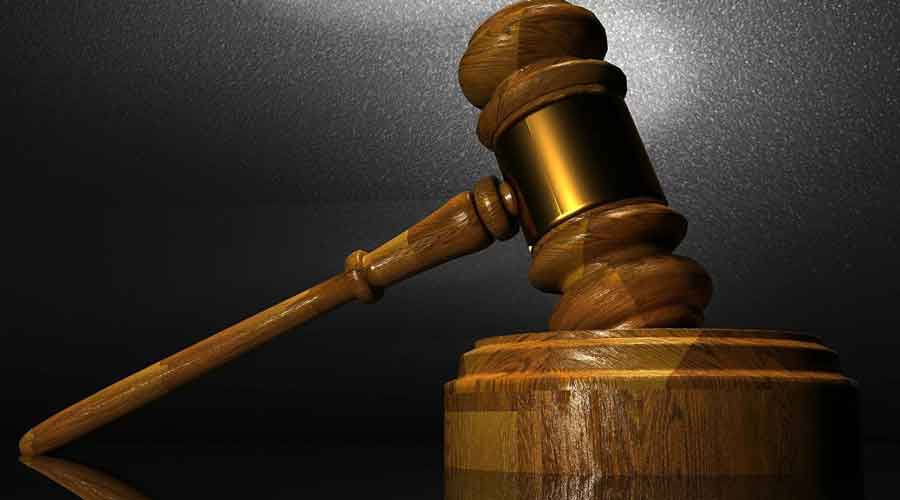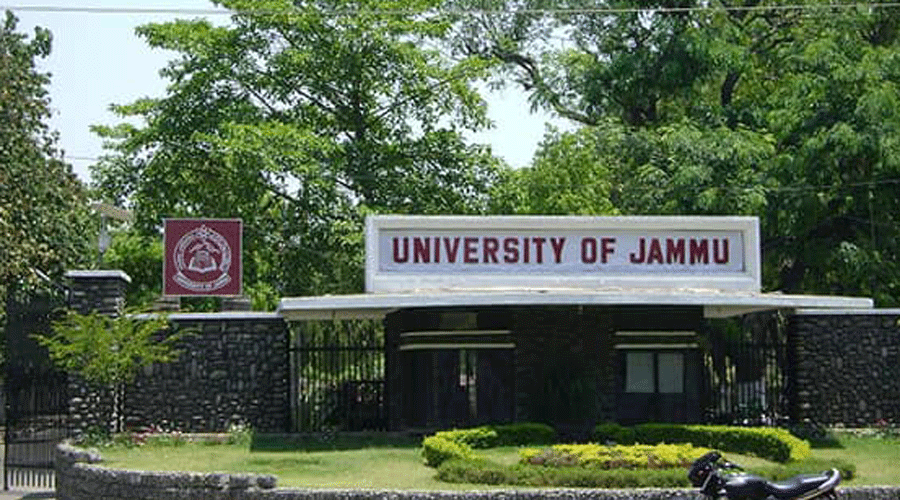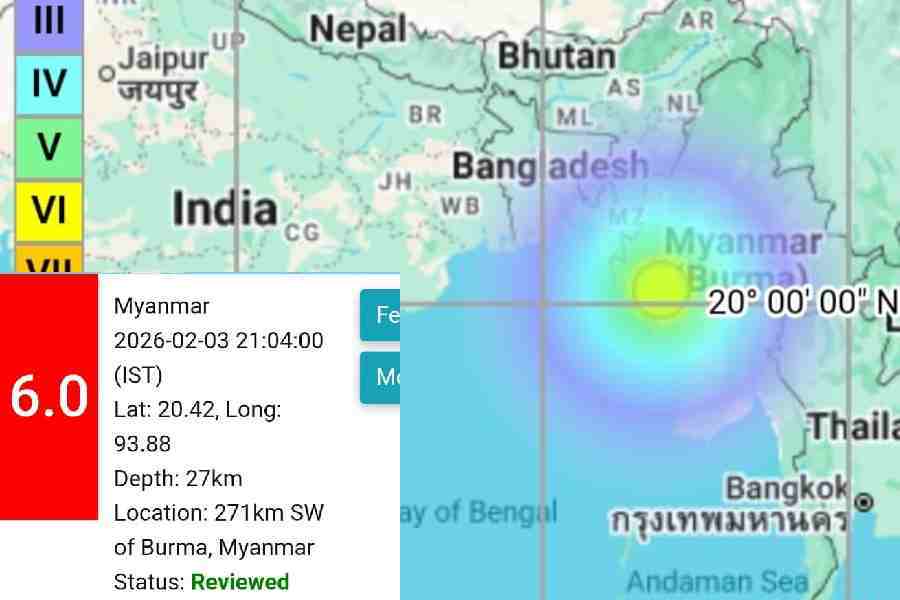The High Court of Jammu & Kashmir and Ladakh has held that people’s participation in the funeral prayers for slain militants cannot be construed as an anti-national activity serious enough to deprive them of personal liberty or bail.
For over two years, the Jammu and Kashmir government has been following a controversial policy of denying the bodies of slain militants to their families, lest their funerals turn into azadi gatherings and hunting grounds for recruitment to militancy.
Hundreds, mostly militants, have been buried secretly in distant graveyards, with only a handful of relatives allowed to attend their last rites.
Also, the government has virtually criminalised participation in “funerals held in absentia”, a practice allowed in Islam if bodies are not accessible.
The high court order, passed last week, is unlikely to change the policy of denying militants’ bodies to families but it appears to have led to the decriminalisation of participation in militants’ funerals.
“Offering of funeral prayers (for) a killed militant by the public at large, even at the instance of the respondents herein, who are stated to be elderly people of their village, cannot be construed to be anti-national activity of that magnitude so as to deprive them of their personal liberty as guaranteed under Article 21 of the Constitution of India,” the bench of Justices Ali Mohammad Magrey and Mohammad Akram Chowdhary said.
The bench upheld the bails granted by a special court, set up under the anti-terror law UAPA, in Anantnag to two applicants on February 11 and 26.
Ten villagers, including the imam of a mosque (Javed Ahmad Shah), had been arrested in Devsar, Kulgam, after they offered funeral prayers in absentia for militant Mudasir Magrey, killed on November 21 last year.
The police had alleged that a resident, Mohammad Yousuf Ganai, had provoked people to perform the “gaibana namazi-jinaza (funeral prayers in absentia)” after the government denied the body to the slain militant’s family.
The police claimed that the imam had led the funeral procession during which “sentiments of the participants got incited” when he urged them to “continue the struggle till freedom”.
Both courts noted that no individual could be deprived of his fundamental right to liberty, guaranteed under Article 21 of the Constitution of India.
The division bench said that under Section 43D(5) of the UAPA, no one accused of an offence punishable under Chapters IV and VI of the act shall, if in custody, be released on bail if the court holds that there are reasonable grounds for believing that the accusation is prima facie true.
The court said these chapters dealt with people accused of “terrorist activities”, and that nothing incriminating had been found against the accused during the investigation to justify denial of bail.
In July, the bench of Chief Justice Pankaj Mithal and Justice Javed Wani had denied the family of Amir Magrey, a youth killed in a purported gunfight in Srinagar, the right to exhume his body, overturning a landmark single-bench verdict that had challenged the state’s controversial policy of denying militants’ bodies to their families.
Amir was killed with three others — Srinagar businessmen Mohammad Altaf Bhat and Mudassir Gul, and alleged Pakistani militant Haider — during what the security forces described as a gunfight in a building in November last year.
The families of Amir, Bhat and Gul said they were innocent and had been killed in a fake encounter. All four were buried in a graveyard reserved for militants but after a public outcry, the bodies of Bhat and Gul were exhumed and returned to their families a few days later.
The government stuck to its stand on Amir, insisting he was a militant. The family has been fighting for the return of his body.
In May, Justice Sanjay Kumar directed the administration to exhume Amir’s body and arrange its transport to the graveyard in Amir’s home village in accordance with religious obligations. He declared that denial of the body was arbitrary and fell foul of Article 14 (right to equality) of the Constitution.
But the bench of Chief Justice Mithal and Justice Wani later said the family’s plea to be allowed to see the face of the slain youth by opening the grave was not “acceptable”, citing the state’s plea that the body must have started decomposing.
The court directed the government to allow the father and nine other relatives of Amir to perform “fatiha” or prayers at his grave in Handwara.











